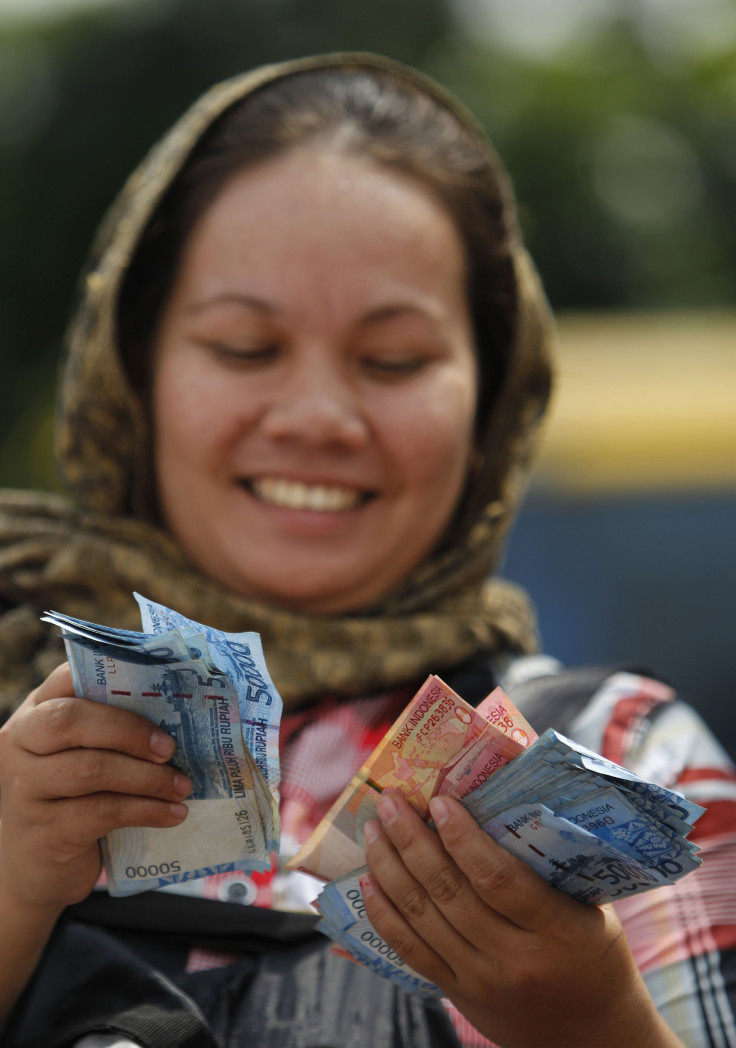Indonesians Are Consuming More, Keeping Economy Afloat Despite Exports Contractions

Indonesia’s domestic demand continues to be robust, offsetting the slow growth of the country’s manufacturing sector and the low global demand for Indonesian exports.
An HSBC survey showed Indonesia’s Purchasing Managers’ Index (PMI) rose slightly to 51.4 in the second quarter, a slight increase from 50.5 in the first quarter, denoting a small improvement in the manufacturing sector, according to the Jakarta Post.
“Manufacturing activity in Indonesia continues to expand, but at a moderate pace. The slight contraction in new export orders, the first in four months, points to external headwinds amid a fragile global economic recovery,” said Su Sian Lim, an HSBC economist.
Indonesia-European Union trade slumped in the first quarter, where trade excluding oil and gas reached $5.47 billion, down from $6.05 billion in the same period last year.
The contraction in export demand is commonly attributed to increased competition, unfavorable exchange rates and weaker demand from European clients.
But it is not all bad news for Southeast Asia’s largest economy, which has for years been driven by exports. Indonesia is now benefiting from growing domestic demand. The population of about 240 million consumed about 33 percent of GDP – nearly $850 billion – in 2012.
The rise in domestic consumption is in part due to the growing middle class, according to the Jakarta Post.
According to research by McKinsey Indonesia, 90 million Indonesians will have entered the consumer class – a class with an annual net income surpassing $3,600 – by 2030, opening up business opportunities of up to $1.8 trillion.
A survey from the Indonesian central bank showed that consumers are more confident about current economic conditions thanks to optimism over job availability in the country, according to the Jakarta Globe. The optimism may also have fueled consumption, as the survey is used to indicate consumer sentiment when purchasing durable goods.
The survey, which sampled 4,600 households in 18 of the nation’s largest cities, showed that the Consumer Confidence Index rose by 5.4 points to 117.1 points in June. The CCI fell in April and May due to anxiety over the delayed announcement regarding the fuel subsidy.
“Positive perception over job availability was the main factor that drove the increase in the Consumer Confidence Index,” the central bank said in its survey, the Jakarta Globe reported.
With these opposing factors at play, HSBC Indonesia is maintaining is forecast of between 5.9 percent and 6.1 percent growth for Indonesia’s economy this year, according to Ali Setiawan, the managing director and head of global markets at HSBC Indonesia.
Setiawan cited the reversal of the fuel subsidy, the increase of Bank Indonesia’s deposit facility, as well as its benchmark rate, as good news for the market as they would improve the country’s economic structure, according to the Jakarta Post.
© Copyright IBTimes 2024. All rights reserved.




















